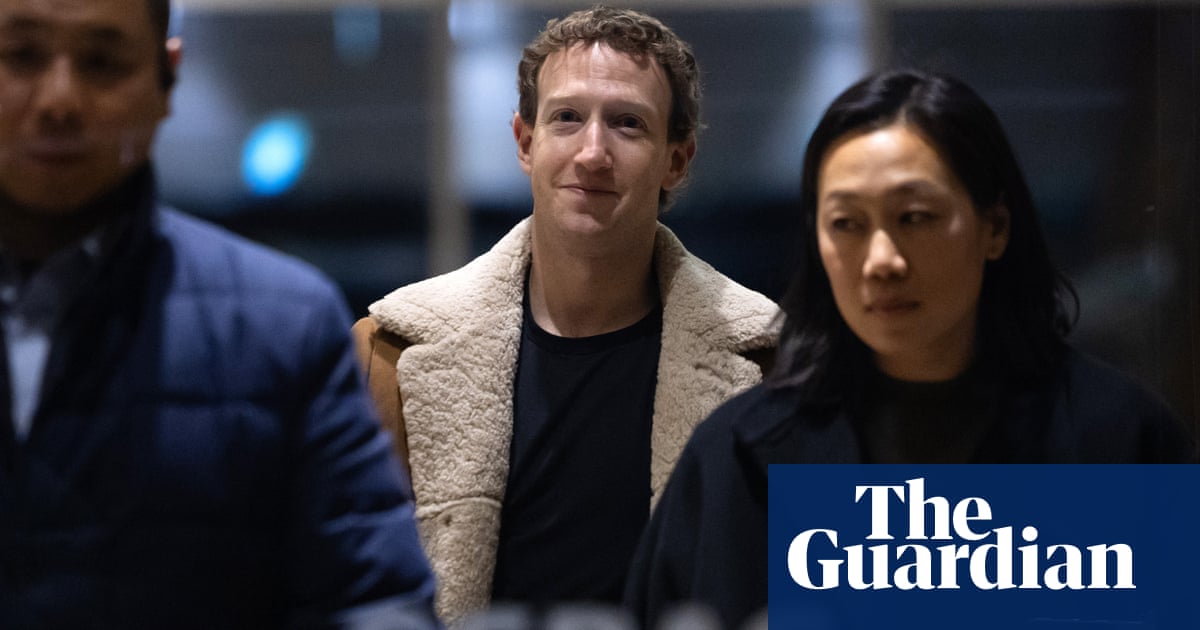Summary
Meta has criticized Australia’s new law banning under-16s from social media, claiming the government rushed it without considering young people’s perspectives or evidence.
The law, approved after a brief inquiry, imposes fines of up to $50 million for non-compliance and has sparked global interest as a potential model for regulating social media.
Supporters argue it protects teens from harmful content, while critics, including human rights groups and mental health advocates, warn it could marginalize youth and ignore the positive impacts of social media.
Enforcement and technical feasibility remain significant concerns.



Of course those things matter. What is important is that minus the social media, we as a society need to build healthy and affirming alternatives to compensate for this gap. The hard part is figuring out what forms those should take and how to keep them from having similar pitfalls.
The reason why the internet is such an effective tool for people in the situations I described is because it’s so incredibly accessible, and because it possible, to some degree, to do so privately.
You can create an LGBTQ club at school, but that doesn’t help the kid who isn’t allowed to go because their parents are hardcore Christians. And I say 'You can…" but the reality is that you actually can’t because this is smalltown Alberta and any attempt to do so would get you tarred and feathered.
The internet can reach at risk people in places that your “local alternatives” will take decades to be accepted in. Place still matters, and even in more progressive countries and states, there are still plenty of localities where local resources simply cannot exist in a way that will take the place of online resources.
You’re talking about abandoning those kids. The ones who need it the most. The ones who can’t talk to the people in their own lives about suicidal thoughts, depression, questions about their sexuality, or whether or not it was OK for the pastor to touch them there because they live the kind of fucked up backwater where you simply cannot have those conversations with the people around you.
The internet, not only the resources, but also the friendships and human connections it provides, can be a lifeline to young people in incredibly difficult circumstances.
There’s a lot of fucked up shit online, and it’s doing a lot of damage, but we have to find a way to address that that doesn’t involve throwing the baby out with the bathwater. These kinds of blanket bans are impractical, impossible to effectively police, and will cause far too much harm for the little good they can accomplish.